Defying the Odds, One Stroke At a Time: Paralympic Hopeful Nathan Whitten Shares Story
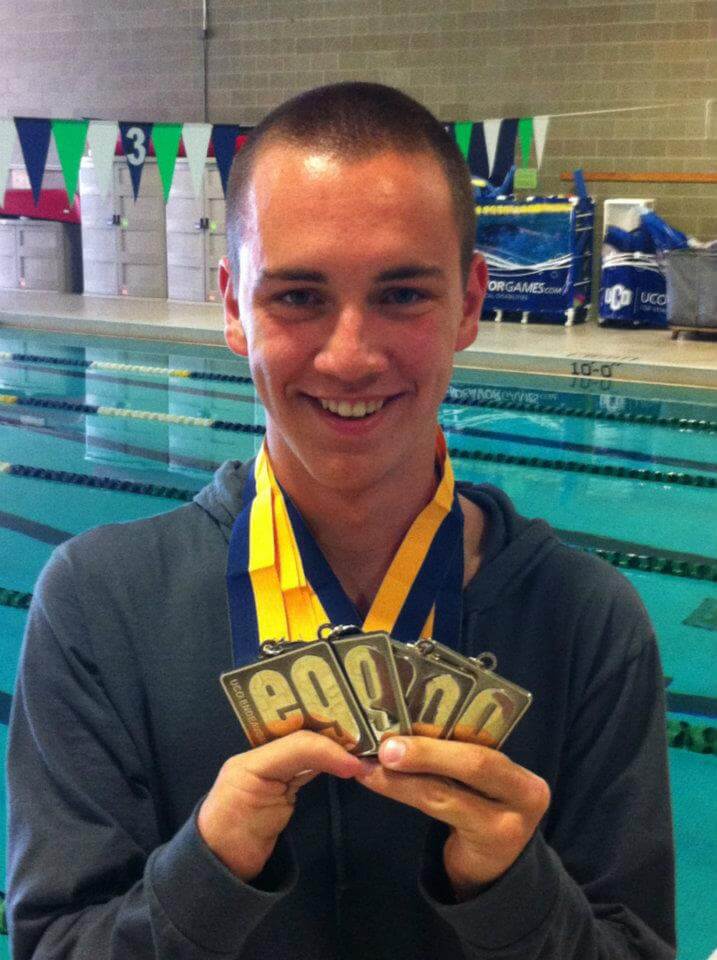
By Tera Bradham, Swimming World Intern
Nestling into his mother’s neck for the first time, the baby gurgled with contentment. The mother sighed with joy, grasping the realization that he was hers. The two seemed drawn together by an inseparable force, inconceivable to all except the two whose hearts were bound together through their embrace.
She playfully tickled his chest, and a grin spread across his face. The baby wrapped his hands around his mom’s index finger, carefully examining the new object that had entered his domain, with an intelligent glint in his eyes.
As he looked into the face of his mother once again, she wasn’t surprised by how few fingers were wrapped around her own. She had no need to count them, for she already knew.
There were five, and only five.
But to the single mother who had crossed the globe to adopt him, her child was altogether perfect. Cradled in the arms of a woman whose life had just been given new meaning, Nathan Whitten had found his home.
Growing Up
“Doctors in Russia didn’t believe I would be capable of being a normal human being, of going to school, of working someday. They thought I was going to be mentally challenged. That’s why I was placed for adoption,” Whitten explains.
That didn’t seem to bother Cheryl Whitten, his adoptive mother. A Dallas adoption agency had led her to discover an infant in a Russian orphanage who had been diagnosed with a hand difference and hip dysplasia. A woman who had accepted a life of singleness, Cheryl decided she was ready to “give her love to other people.”
She couldn’t legally adopt in the United States as a single parent, so Cheryl adopted three children from Russia, including Nathan, and a fourth from Romania. When Cheryl saw a video of Nathan, she traveled to Russia to meet him. Once he reached for her from his crib, she was smitten.
The Competitive Spirit
From a young age, Nathan was raised to be just like a ten-fingered kid. He played sports, went to school, and participated in many extracurricular activities. Contrary to the doctors’ predictions, Nathan wasn’t mentally handicapped at all. In fact, his teachers often were impressed by his perceptive nature and keen mind.
But it wasn’t until college that he began to get his feet wet. During one of his kinesiology courses, his classmates couldn’t help but notice his competitive drive and asked him if he had ever considered competing in the Paralympics.
“I had never even thought about it, because I just considered myself an ordinary person,” Whitten remembers.
Whitten began to research the different sports in the Paralympics. He wanted to pick a sport at which he could improve fairly quickly, as well as a sport he could train for by himself. With the facilities available to him, swimming seemed like the perfect fit. Whitten started training for the Paralympics in April of 2012 with absolutely no competitive swimming experience whatsoever.
“Some people ask me why, but my response is, ‘Why not?’ I told myself that if this was for me, then doors would open.”
Open Doors
The first door opened for Whitten when he heard of the Challenged Athletes Foundation while working at the Texas Lions camp in the summer of 2012. He applied for financial aid from CAF, and the foundation became his sponsor, providing grants to help fund his training and competition.
While some doors opened through providence, Whitten had to force others open himself. Not one to wait for his destiny to be handed to him, he sought out one of his kinesiology professors, who helped him connect with Susanna White, a collegiate swimmer in one of her other classes.
After catching some stroke tips from White, other swimmers on the University of Arkansas swim team heard Whitten’s story and began helping him with his training. Yet another door opened when Whitten became acquainted with Kim Pike, a former UCLA swimmer and coach who occasionally coached him in the nearby town of Rogers.
As Whitten began to grasp the ins and outs of the sport, his times dropped dramatically. In less than a year of competitive swimming, he had become a nationally competitive Paralympic swimmer.
The Journey
“I’m so grateful for everything, but it’s not my doing. You can be at the right place at the right time, but you have to be willing to be in that moment,” Whitten asserts.
Whitten has taken advantage of every moment and opportunity given to him. In the fall of 2013, Whitten applied to be the manager of the University of Arkansas swim team. He then scheduled nine of his own swim practices around the college girls’ workouts and his own class schedule.
Whitten absorbed stroke technique and practice ideas like a sponge, asking questions and continuously analyzing the women’s team for ways to improve his own strokes.
“I’m never going to stop working or stop pushing myself further,” Whitten stresses with an intense determination in his features. “I’m not going to let anything get in my way. The more you dream, the farther you go.”
Whitten never chose to be born in a Russian orphanage, and he never chose to be born with five fingers. But “in tragedy you have two options: to have faith or to doubt. If I didn’t go through what I did, I wouldn’t be who I am today,” Whitten declares.
Up Next
Whitten certainly isn’t slowing down in the pool or in life. He has now qualified for Paralympic Nationals in the 50 Free, 100 Fly, and 100 Back, and he spends his free time away from the pool working at youth camps and helping children with disabilities.
Nathan’s mom is now married to the love of her life, David Whitten, who enthusiastically accepted all of her children as his own. They currently reside in Northwest Arkansas with Nathan’s younger siblings who have a blast coming to cheer him on at his meets.
Whitten graduated from the University of Arkansas in the fall of 2014, “Outstanding Undergraduate” trophy in hand, and now he is pursuing his Master’s degree in Special Education while training with the Aquahawgs club team. His goal is to qualify for Paralympic Trials and to make it all the way to Rio de Janeiro next summer.
“Most people say, ‘Wow – that’s such a cool dream.’ But the reality is in order to achieve that dream you’re going to have to make sacrifices most average people wouldn’t make. You’re going to have to work hard,” Whitten says.
Paralympic Trials are set for April of 2016, although the cuts have not been released yet, due to differentiations of various types of classifications.
“You have to have self-belief,” Whitten declares. “I appreciate getting up each morning, because it shows me what a blessing it is to be able to work hard and to chase this dream. If you had told me three years ago I would have a shot at the Paralympics, I would’ve said you’re crazy. But that’s the beauty of allowing yourself to grow and to get out of your comfort zone,” he concludes.
The journey is the reward, and Whitten has quite the journey to share. Nathan Whitten may only have five fingers, but he has one colossal heart.




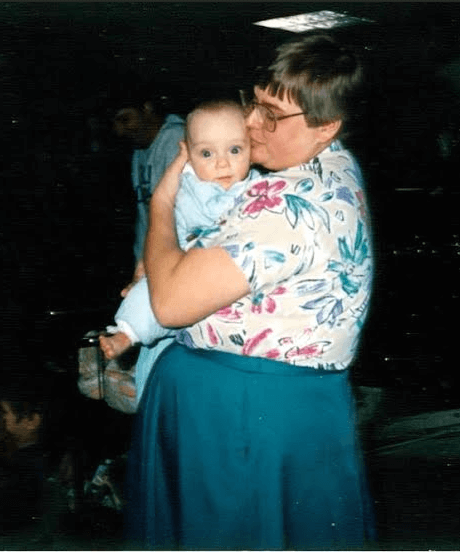
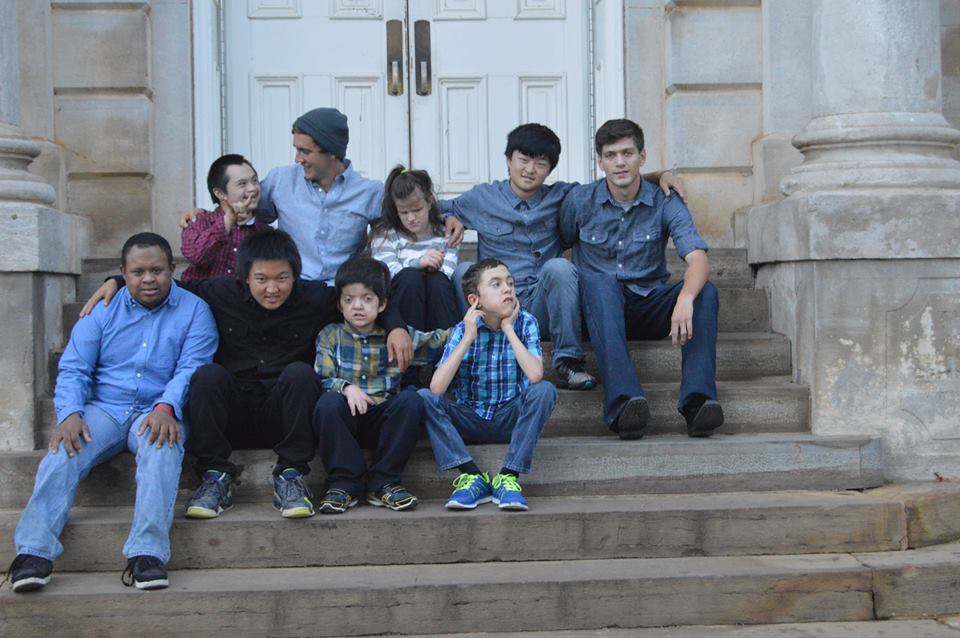
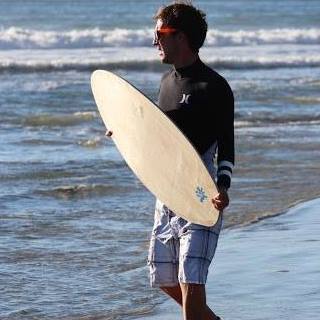
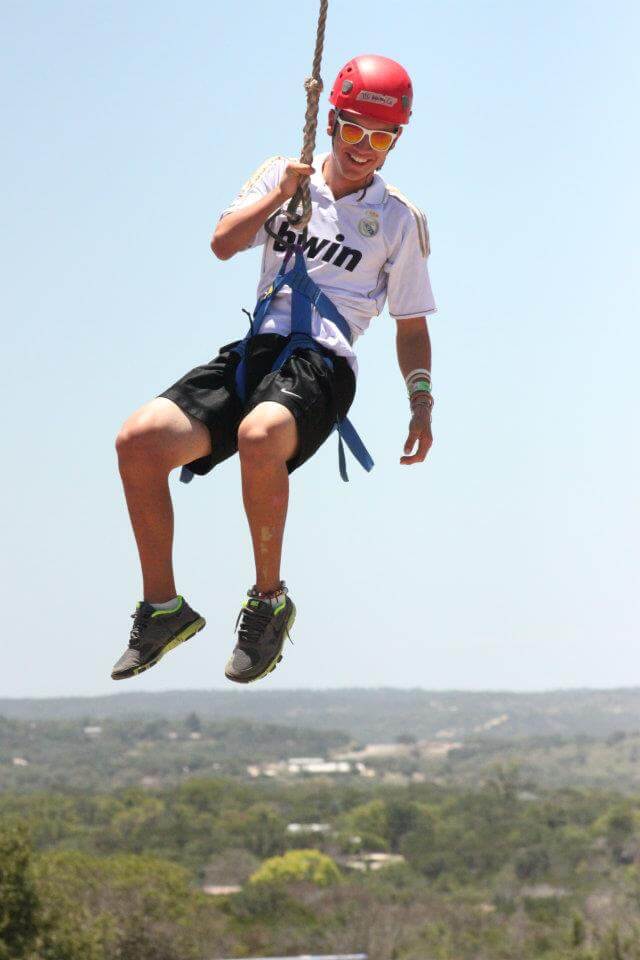
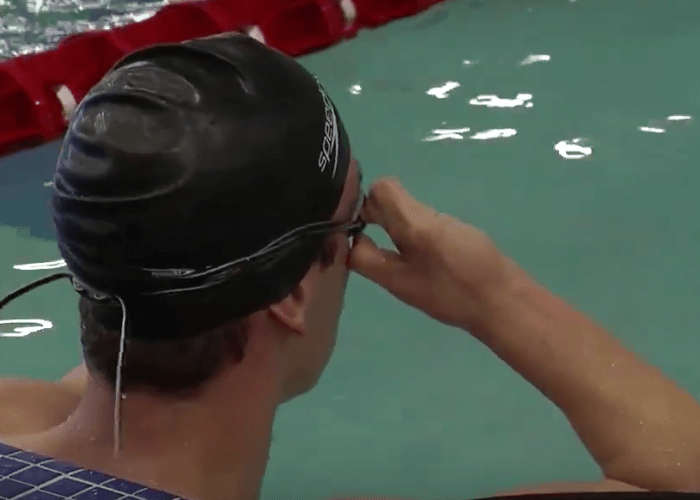
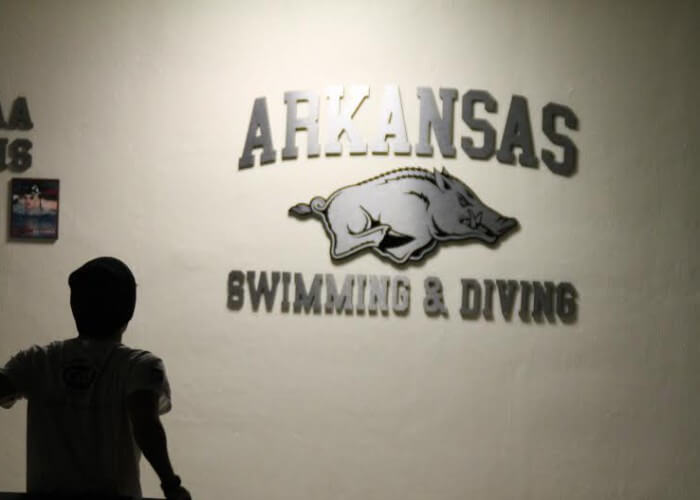
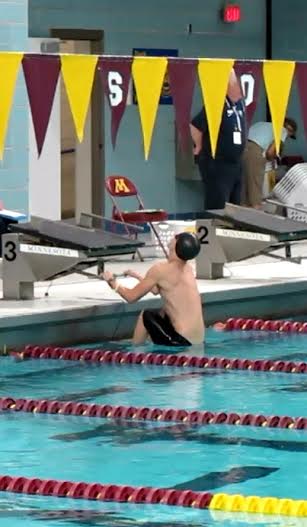
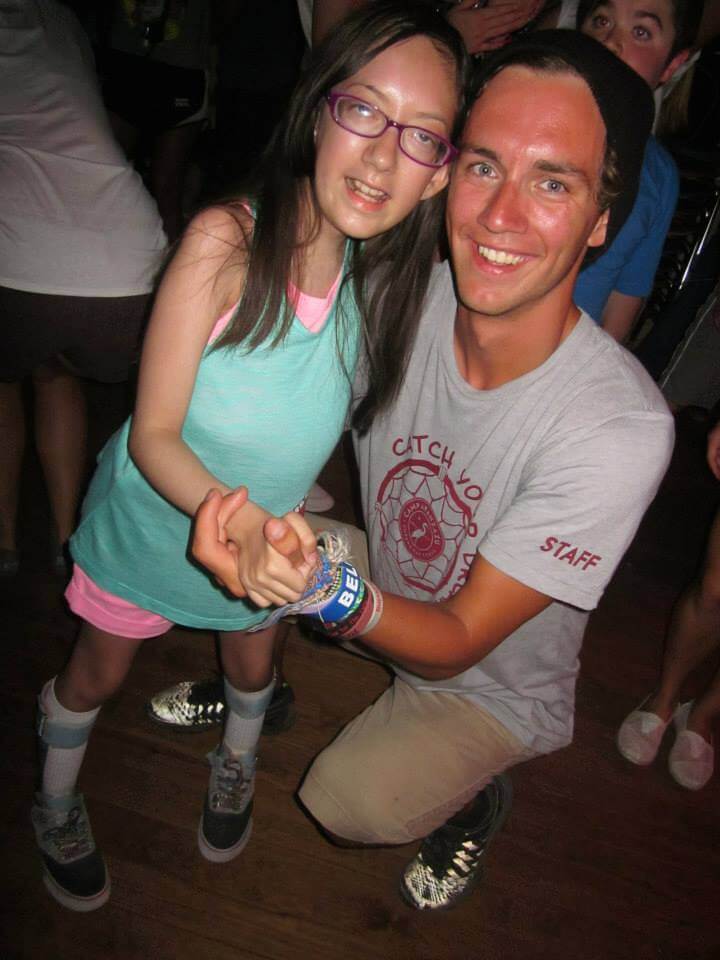
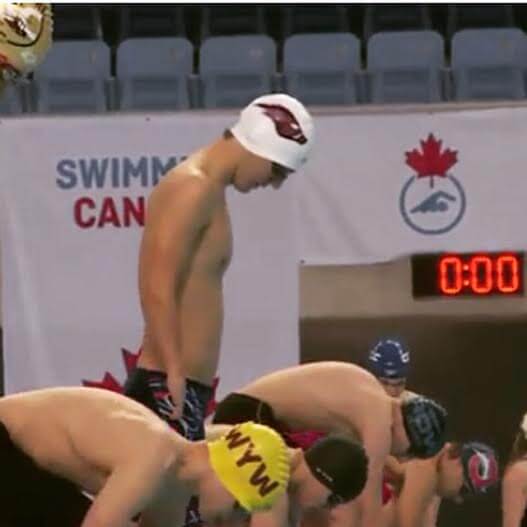
thank you for writing such a beautiful article